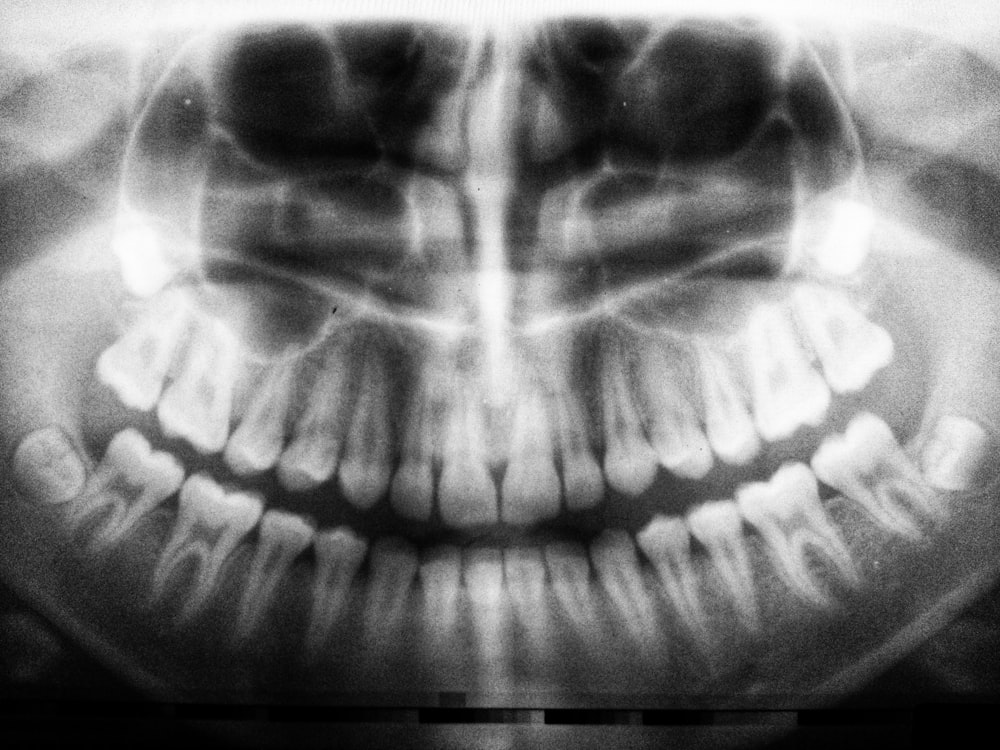Restful Nights: Unveiling the Importance of Sleep Hygiene and Health
Quality sleep is a cornerstone of overall well-being, and achieving it involves more than just the number of hours spent in bed. This article delves into the critical aspects of sleep hygiene and its profound impact on health.
Understanding the Essence of Sleep Hygiene
Sleep hygiene refers to the practices and habits that promote good, restorative sleep. It encompasses a range of factors, from the sleep environment to bedtime routines and lifestyle choices. Prioritizing sleep hygiene is crucial for optimizing the quality of sleep and reaping the associated health benefits.
Creating a Serene Sleep Environment
The sleep environment plays a pivotal role in the quality of rest obtained. A dark, quiet, and cool room is conducive to optimal sleep. Investing in blackout curtains, minimizing noise disturbances, and regulating room temperature contribute to creating a serene sleep sanctuary that promotes relaxation.
Establishing Consistent Sleep Patterns
Consistency is key in establishing healthy sleep patterns. Going to bed and waking up at the same time every day, even on weekends, helps regulate the body’s internal clock. This consistency reinforces the natural circadian rhythm, making it easier to fall asleep and wake up feeling refreshed.
The Role of Bedtime Rituals in Sleep Hygiene
Bedtime rituals signal to the body that it’s time to wind down. Engaging in calming activities before bed, such as reading a book, taking a warm bath, or practicing relaxation exercises, prepares the mind and body for rest. Consistent bedtime rituals become cues that trigger the body’s natural sleep-wake cycle.
Mindful Consumption for Better Sleep
Dietary choices can significantly impact sleep quality. Consuming heavy meals close to bedtime or excessive caffeine and nicotine can disrupt sleep. Conversely, a light snack rich in sleep-promoting nutrients, such as tryptophan found in certain foods, can support a more restful night.
The Impact of Screens on Sleep
The prevalence of electronic devices in our daily lives introduces a potential obstacle to good sleep. The blue light emitted by screens interferes with the production of melatonin, a hormone that regulates sleep. Establishing a screen curfew an hour before bedtime helps mitigate this effect and promotes better sleep.
Regular Exercise as a Sleep Enhancer
Regular physical activity is linked to improved sleep quality. Engaging in moderate exercise, such as walking or yoga, can contribute to better sleep. However, intense workouts close to bedtime may have the opposite effect, so it’s essential to find the right balance that supports restful sleep.
Managing Stress and Sleep Hygiene
Stress and anxiety can be detrimental to sleep. Incorporating stress-reducing practices, such as meditation, deep breathing exercises, or journaling, can help manage stress levels. These practices create a mental transition from the demands of the day to a more relaxed state conducive to sleep.
Limiting Naps for Optimal Nighttime Sleep
While naps can provide a quick energy boost, excessive or late-afternoon napping can interfere with nighttime sleep. If naps are part of the routine, keeping them short (20-30 minutes) and earlier in the day supports overall sleep hygiene without compromising nighttime rest.
Professional Guidance for Persistent Sleep Issues
If sleep problems persist despite implementing good sleep hygiene practices, seeking professional guidance is advisable. Sleep disorders or underlying health issues may be contributing to sleep disturbances. Consulting a healthcare professional or sleep specialist can help identify and address these concerns.
Conclusion: Elevating Health through Quality Sleep
In conclusion, prioritizing sleep hygiene is a proactive approach to enhancing overall health and well-being. By fostering a sleep-conducive environment, embracing consistent sleep patterns, and adopting mindful practices, individuals can optimize the quality of their sleep. Quality sleep, in turn, contributes to improved physical health, cognitive function, and emotional well-being.
For a deeper exploration of sleep hygiene and personalized recommendations, visit Sleep Hygiene and Health. Discover how cultivating good sleep habits can be a transformative journey toward restful nights and vibrant days.














